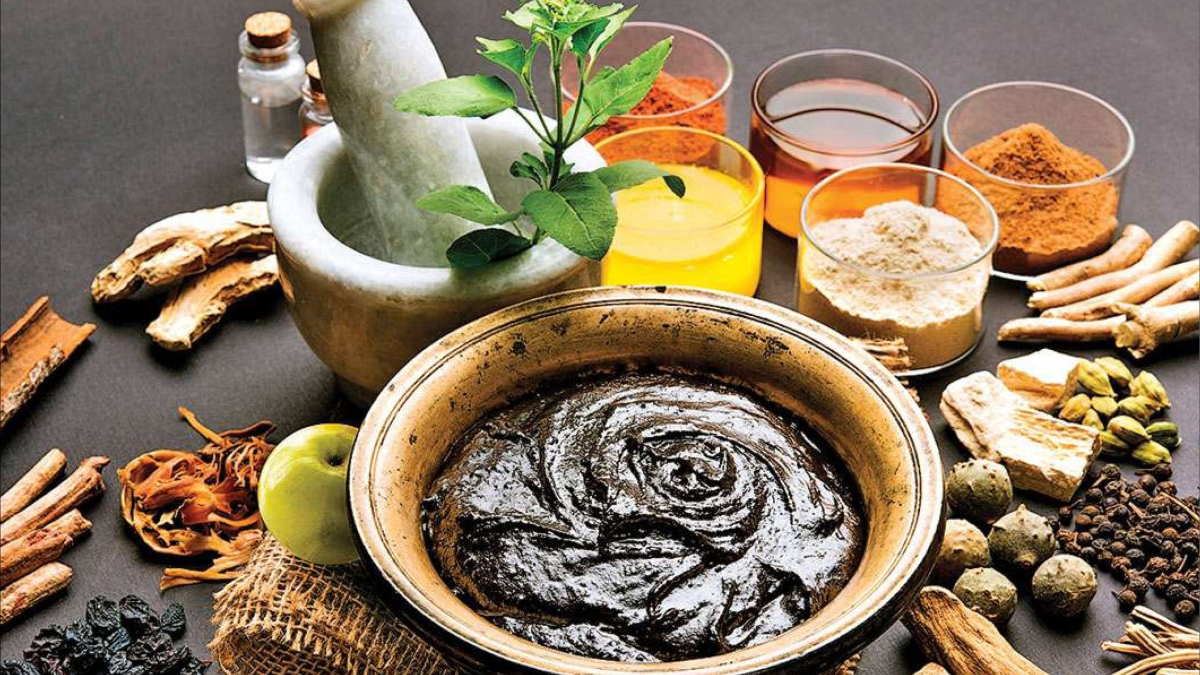Agasti Ayurveda, the traditional system of medicine that originated in India, offers holistic approaches to health and wellness, including the management of conditions like knee pain. It is important to note that while Agasti Ayurveda may provide relief for some individuals, it is not a substitute for professional medical advice and treatment. Always consult with a qualified healthcare provider for a proper diagnosis and treatment plan.
Here are some Agasti Ayurvedic principles and remedies that are commonly suggested for managing knee pain:
-
Dietary Recommendations:
- Include anti-inflammatory foods in your diet, such as ginger, turmeric, garlic, and green leafy vegetables.
- Favor warm, cooked, and easily digestible foods.
- Stay hydrated with warm water, herbal teas, or warm water infused with ginger.
-
Herbal Remedies:
-
Turmeric (Curcuma longa): Turmeric contains curcumin, which has anti-inflammatory and antioxidant properties. It may help reduce inflammation and alleviate pain. You can use turmeric in cooking or take it as a supplement after consulting with a healthcare provider.
-
Guggul (Commiphora wightii): Guggul has anti-inflammatory properties and is believed to help reduce pain and inflammation associated with arthritis.
-
Ashwagandha (Withania somnifera): Ashwagandha may help reduce inflammation and support overall joint health.
-
-
Ayurvedic Massage (Abhyanga):
- Warm oil massages, especially with oils like sesame or coconut oil, are often recommended for joint pain. This can help improve circulation and reduce stiffness.
-
Yoga and Exercise:
- Gentle yoga poses that focus on stretching and strengthening the muscles around the knee can be beneficial. However, it's crucial to avoid strenuous activities that may worsen the pain.
-
Lifestyle Adjustments:
- Ayurveda emphasizes maintaining a balance in daily routines. Ensure you get adequate rest and sleep, and try to manage stress through practices like meditation and deep breathing.
-
Consult an Ayurvedic Practitioner:
- If you are considering Ayurvedic treatments, it is advisable to consult with a qualified Ayurvedic practitioner who can assess your individual constitution (Prakriti) and
Remember, the effectiveness of Agasti Ayurvedic remedies can vary from person to person. It's crucial to consult with a healthcare professional before starting any new treatment regimen, and to inform them of any ongoing treatments or medications. They can help integrate Agasti Ayurvedic approaches into a comprehensive plan for managing knee pain.



